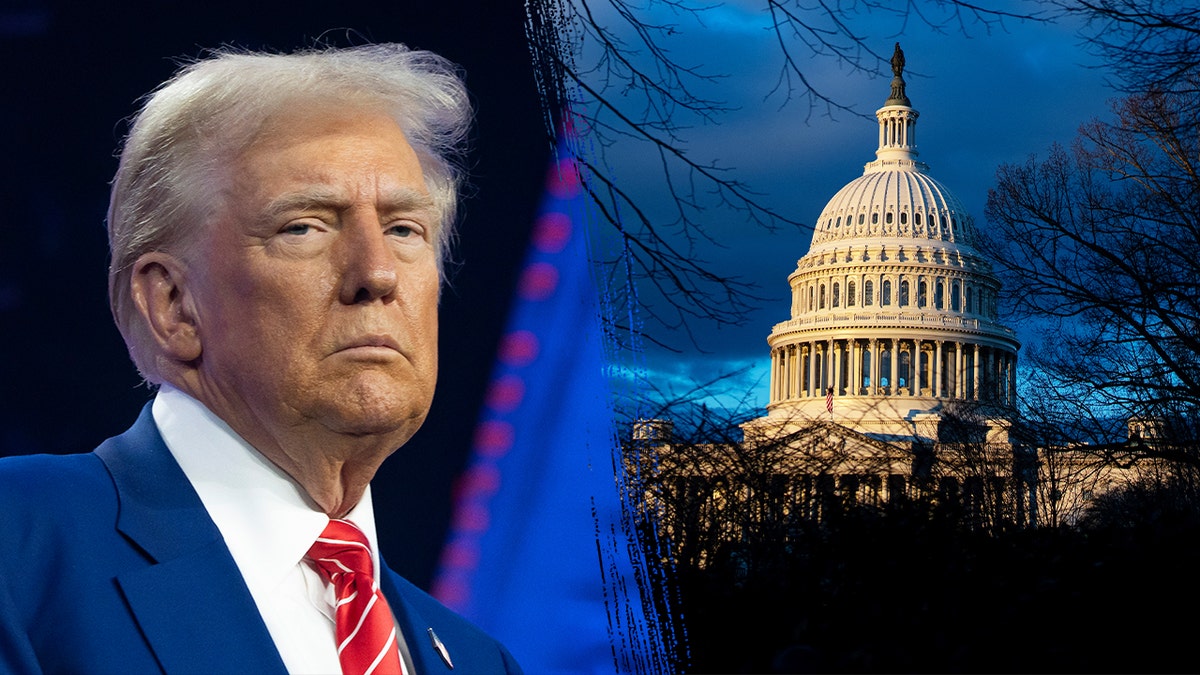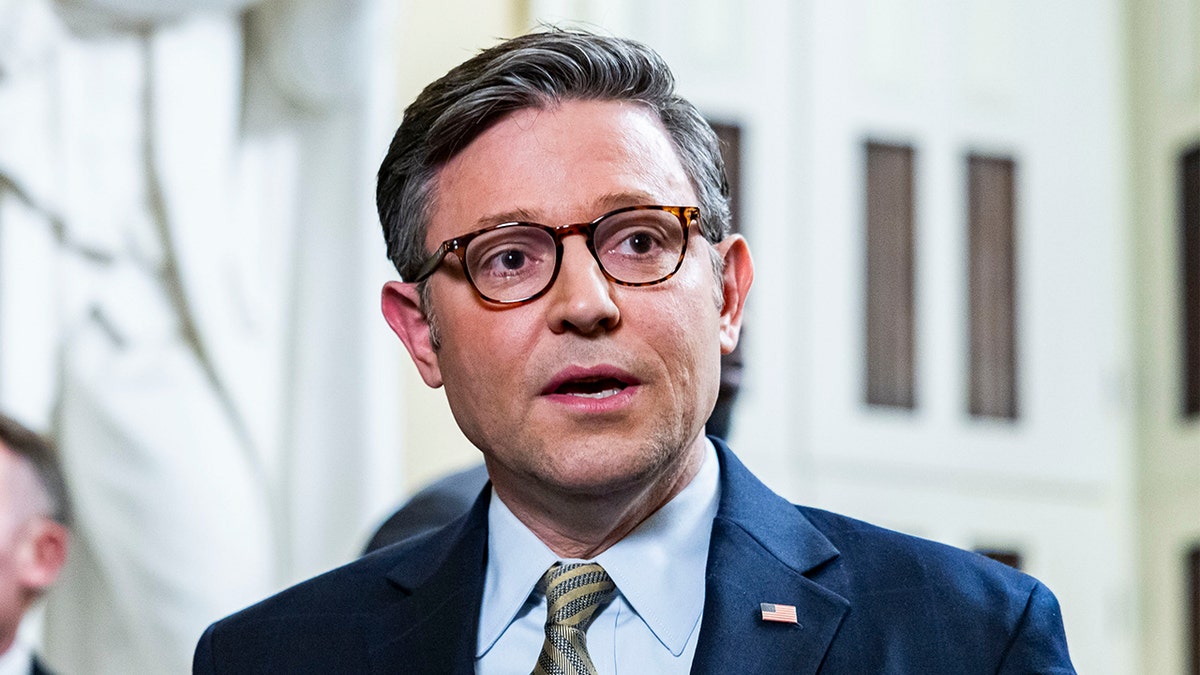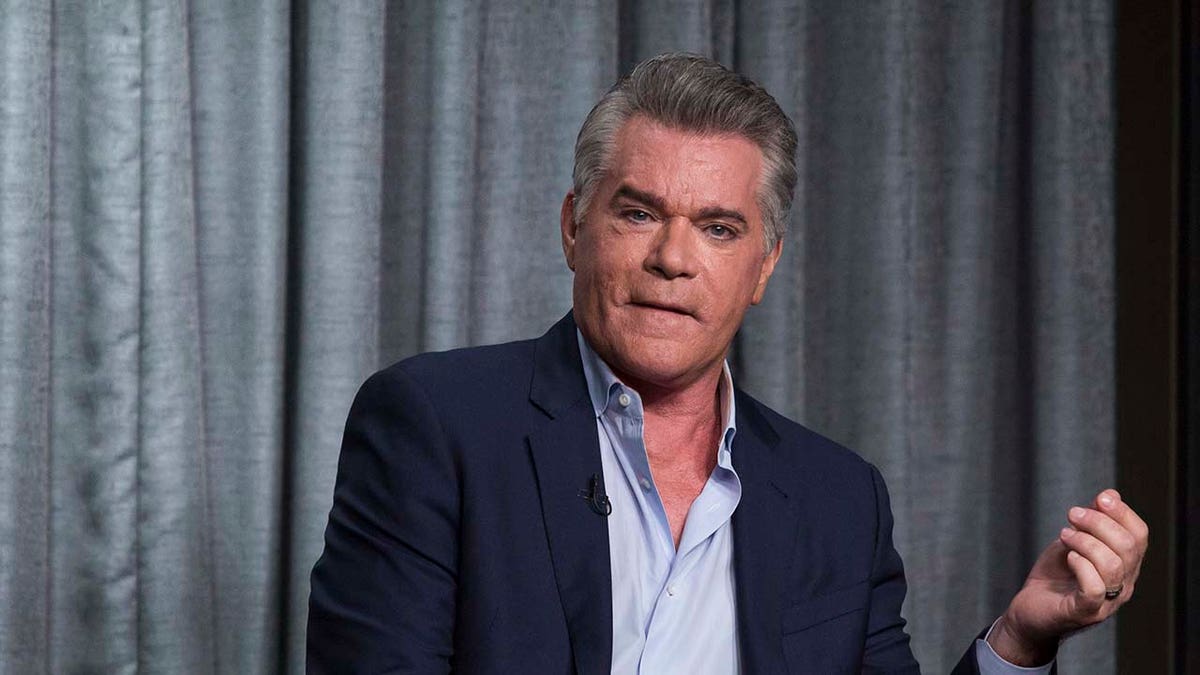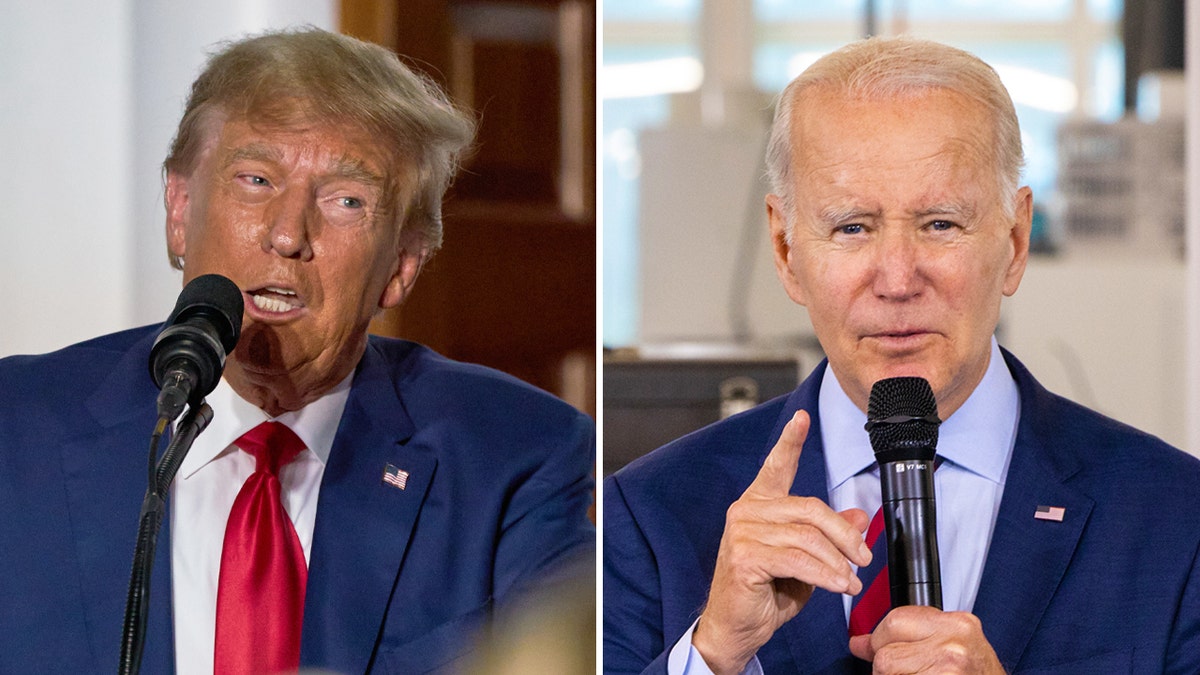Former President Trump's return to the White House brings a unique set of challenges and opportunities. While Republicans control both Congress and the presidency, the path forward is fraught with potential obstacles. Behind-the-scenes maneuvering for positions and influence within the new administration offers a glimpse into the legislative and administrative battles that lie ahead.

This consolidation of power presents a double-edged sword. While it grants significant authority, it also eliminates the option of deflecting blame when things go awry. Congress, despite being under Republican control, presents another set of complexities. The recent debt ceiling battle, resolved just before Christmas, merely postponed the budget showdown to March. Trump favors a comprehensive legislative approach, encompassing budget cuts, energy deregulation, tax cuts, border security, and other key priorities. However, this "one big beautiful bill" strategy faces resistance from those on Capitol Hill who advocate for a more piecemeal approach, potentially delaying legislative victories and complicating Trump's agenda.
Newly elected Speaker Mike Johnson's slim one-vote majority adds to the difficulty of securing the deep spending cuts desired by some factions within the party. This precarious balance of power echoes the struggle that led to Kevin McCarthy's ouster. Meanwhile, government agencies, including the Department of Homeland Security, operate under a continuing resolution, hindering their ability to launch major initiatives. The two-bill approach carries the risk of losing momentum after the passage of the first, potentially jeopardizing key Trump priorities like tax cuts.

The internal dynamics of the White House also play a crucial role. Incoming Chief of Staff Susie Wiles is tasked with navigating the delicate balance of power and influence within the administration. Her emphasis on teamwork and aversion to internal conflict underscores the importance of a unified front. Even seemingly minor details, such as office assignments and titles, take on significant meaning in the highly charged atmosphere of the West Wing. Wiles' strong relationship with Trump, however, provides a degree of stability and influence.
Elon Musk's close relationship with the president introduces another layer of intrigue. While Musk's wealth and influence are undeniable, the long-term impact of this relationship remains to be seen, especially as the demands of the presidency limit their interactions.

Trump's return also rekindles the debate surrounding the January 6th Capitol riot and the subsequent transfer of power. While Vice President Harris formally certified the election results, Trump's criticism of the Biden administration's policies and actions continues. This ongoing tension underscores the deep divisions that persist in American politics.
The second Trump presidency promises to be a period of significant challenges and opportunities. Navigating the complexities of Congress, managing internal White House dynamics, and addressing pressing national issues will require skillful leadership and strategic decision-making. The coming months will reveal how Trump and his administration address these challenges and shape the future of the country.








